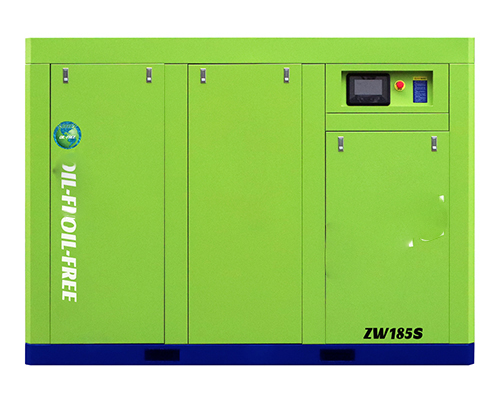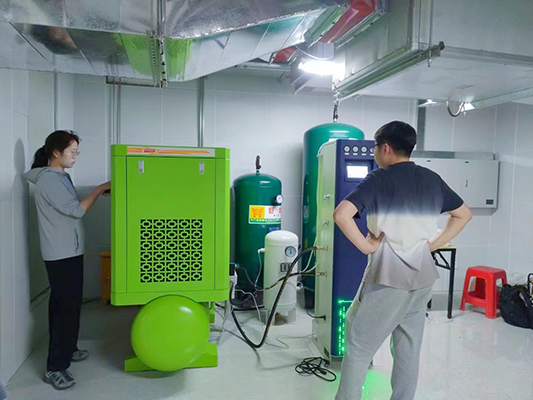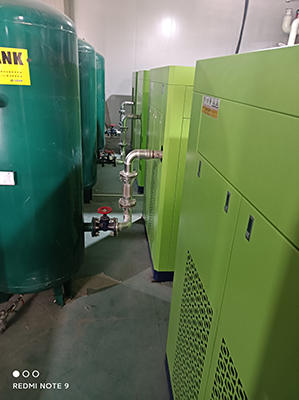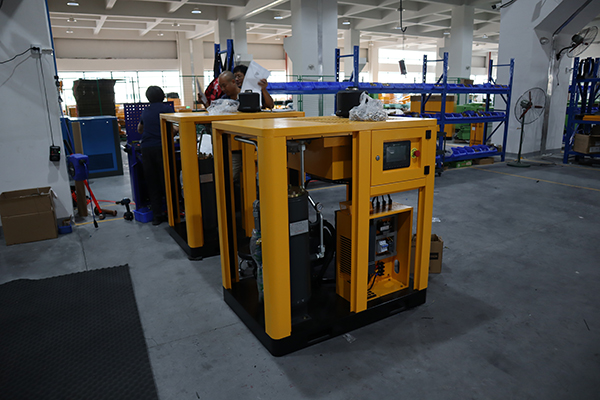medium pressure air compressor application in agricultural machinery for crop spraying and irrigation
News 2025-10-24
Medium pressure air compressors are integral to agricultural machinery, especially in crop spraying and irrigation systems. These compressors deliver reliable air pressure that powers essential components, such as spray nozzles and irrigation pumps, enhancing operational efficiency in farms. By providing consistent airflow, they ensure precise application of fertilizers, pesticides, and water, which is vital for maintaining crop health and maximizing yields in diverse agricultural settings.

Key Application Scenarios
Medium pressure air compressors are widely used in crop spraying equipment to atomize liquids into fine mists, allowing for uniform coverage over large fields. In irrigation systems, they drive air-powered valves and actuators that control water distribution, adapting to varying soil and crop needs. This technology also supports automated machinery in orchards and vineyards, where precise air pressure facilitates targeted spraying and drip irrigation, reducing waste and improving resource management in modern farming.
Performance Advantages
These compressors offer superior energy efficiency, consuming less power while delivering optimal pressure for agricultural tasks. Their robust design withstands dust, moisture, and temperature fluctuations common in field environments, ensuring longevity and minimal downtime. Additionally, advanced pressure regulation capabilities provide accurate control, which enhances the effectiveness of spraying and irrigation, leading to better crop protection and water conservation in intensive agricultural operations.
Importance in Agricultural Processes
In agricultural workflows, medium pressure air compressors boost productivity by enabling faster, more precise interventions in crop care. They contribute to sustainable practices by optimizing chemical and water usage, minimizing environmental impact. Furthermore, their integration into machinery streamlines labor-intensive processes, supporting higher output and cost savings, which are critical for adapting to challenges like climate variability and increasing food demands in the sector.


